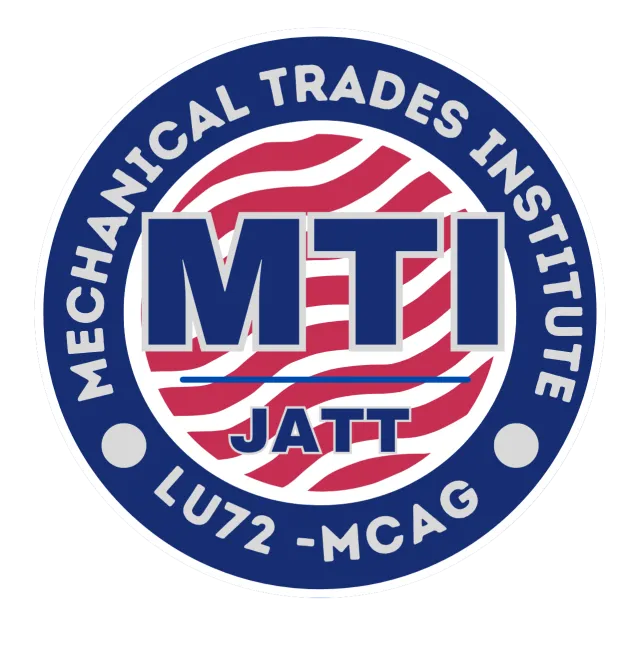Accreditation and Licensure Information
(updated March 7, 2023)
Mechanical Trades Institute Joint Apprenticeship and Training Trust has standards of apprenticeship on file with the US Department of Labor. Inquiries regarding this registration should be addressed to:
US Department of Labor, Office of Apprenticeship
61 Forsyth Street, S.W., Room 6T100 Atlanta, GA 30303
404-302-5897 | https://www.dol.gov/apprenticeship
Mechanical Trades Institute Joint Apprenticeship and Training Trust is accredited with the Council on Occupational Education. Inquiries regarding this candidacy status should be addressed to:
The Council on Occupational Education
7840 Roswell Road, Building 300, Suite 325 Atlanta, GA 30350
770-396-3898 | www.council.org
What type of institutions does COE accredit?
A: The Council on Occupational Education accredits post-secondary occupational institutions that offer certificate, diploma, or applied associate degree programs. These institutions include public technical colleges, private career colleges (both for-profit and not-for-profit), federal institutions including Army, Navy, and Department of Defense institutions, Job Corps Centers, Registered Apprenticeship Programs, and ERISA Training Institutes. The Council also accredits institutions that offer distance education programs.
Why is it important for a registered apprenticeship program to be accredited?
A: Accreditation is a status granted to an educational institution or program that has been found to meet or exceed stated criteria of educational quality and student achievement. When an institution undergoes the accreditation process, it is judged on a number of established standards and criteria, including its facilities, instructors, curriculum, completion rates, job placement rates, and student experiences. Accreditation is then renewed on a routine basis as along as the institution continues to demonstrate compliance with the standards and commitment to continuous improvement.
For students, accreditation offers greater assurance that the college or program in which they are enrolled will provide them with the education in workforce preparation that it promises and that this education will be more widely recognized by others. For example, students attempting to transfer to another college will find that most institutions won't accept credits from an unaccredited college.
